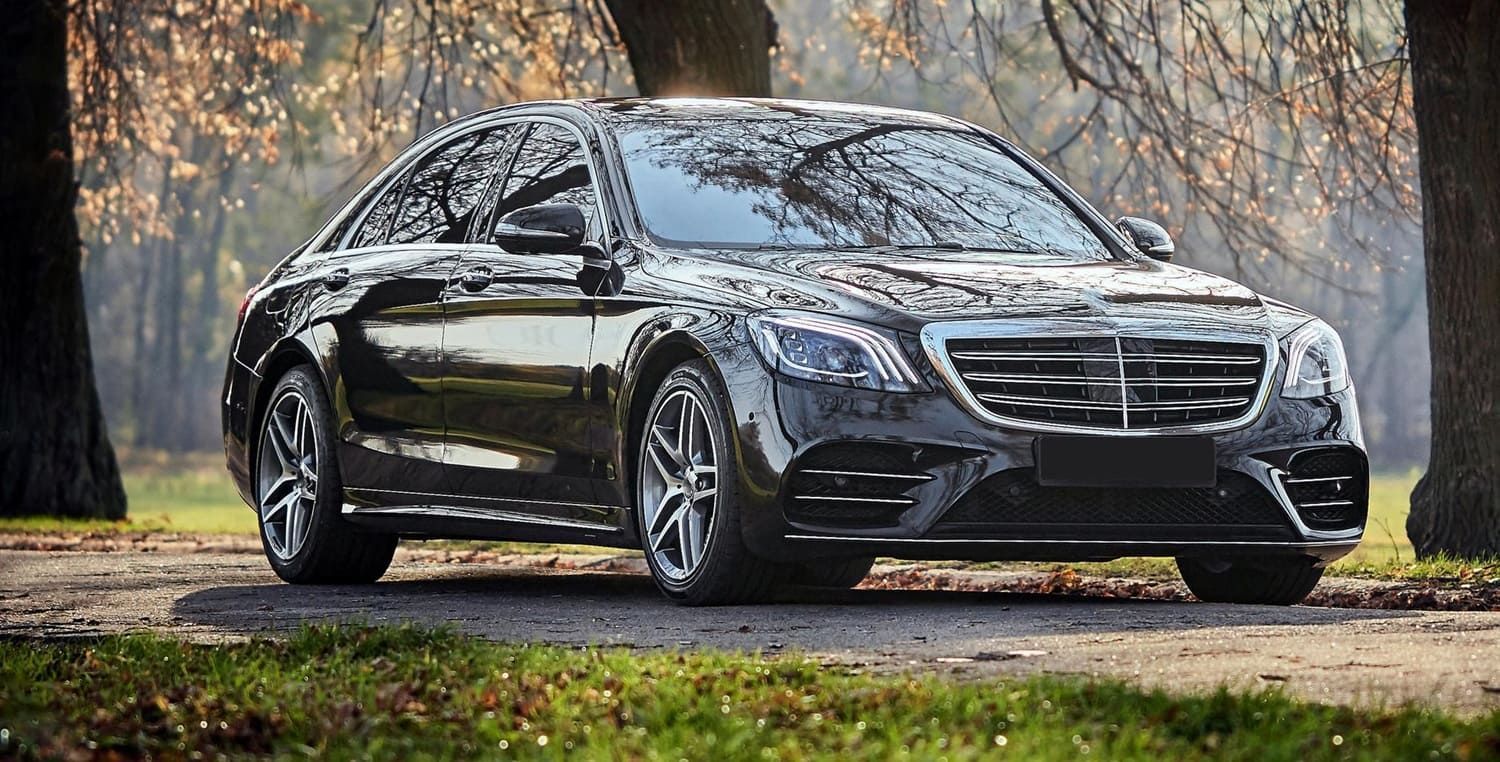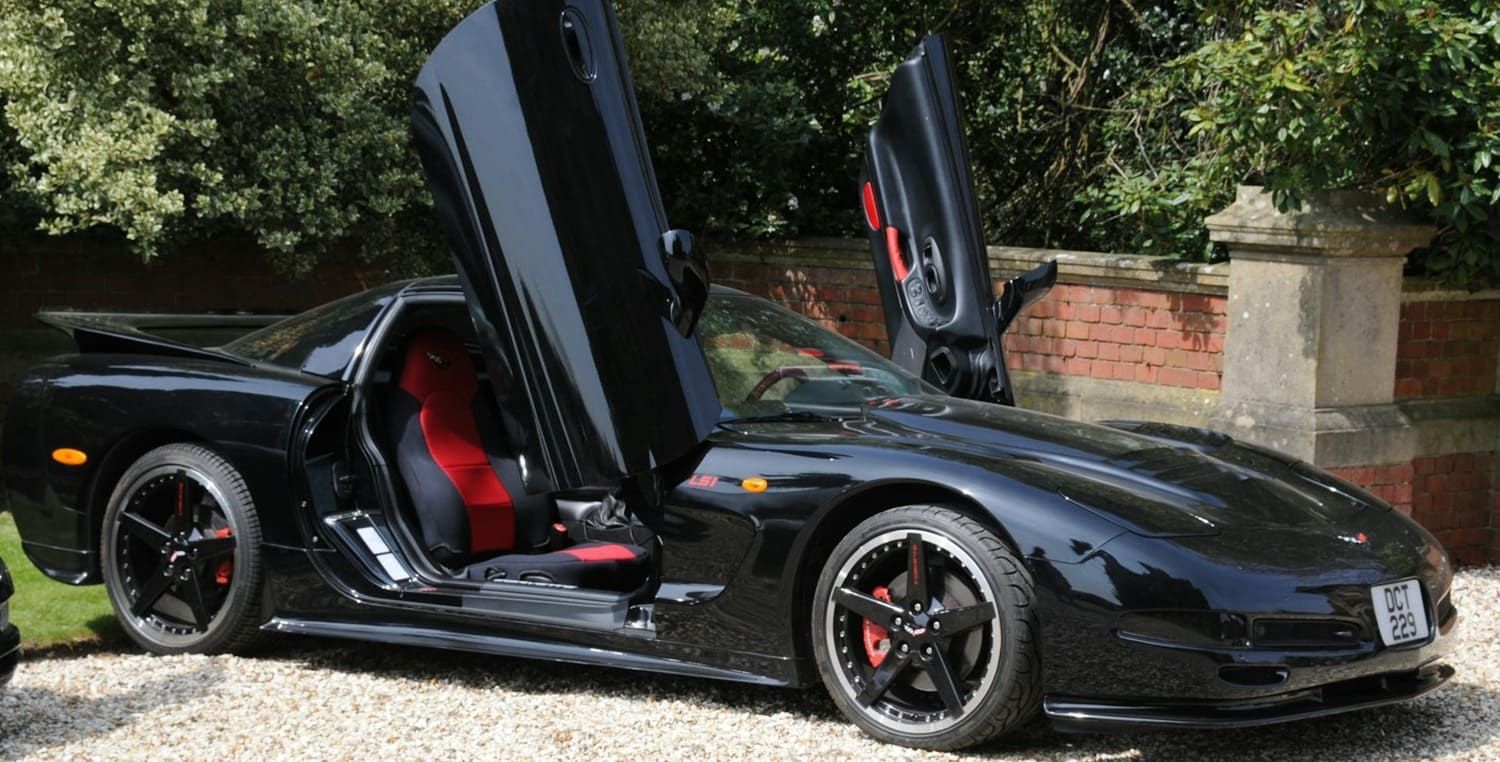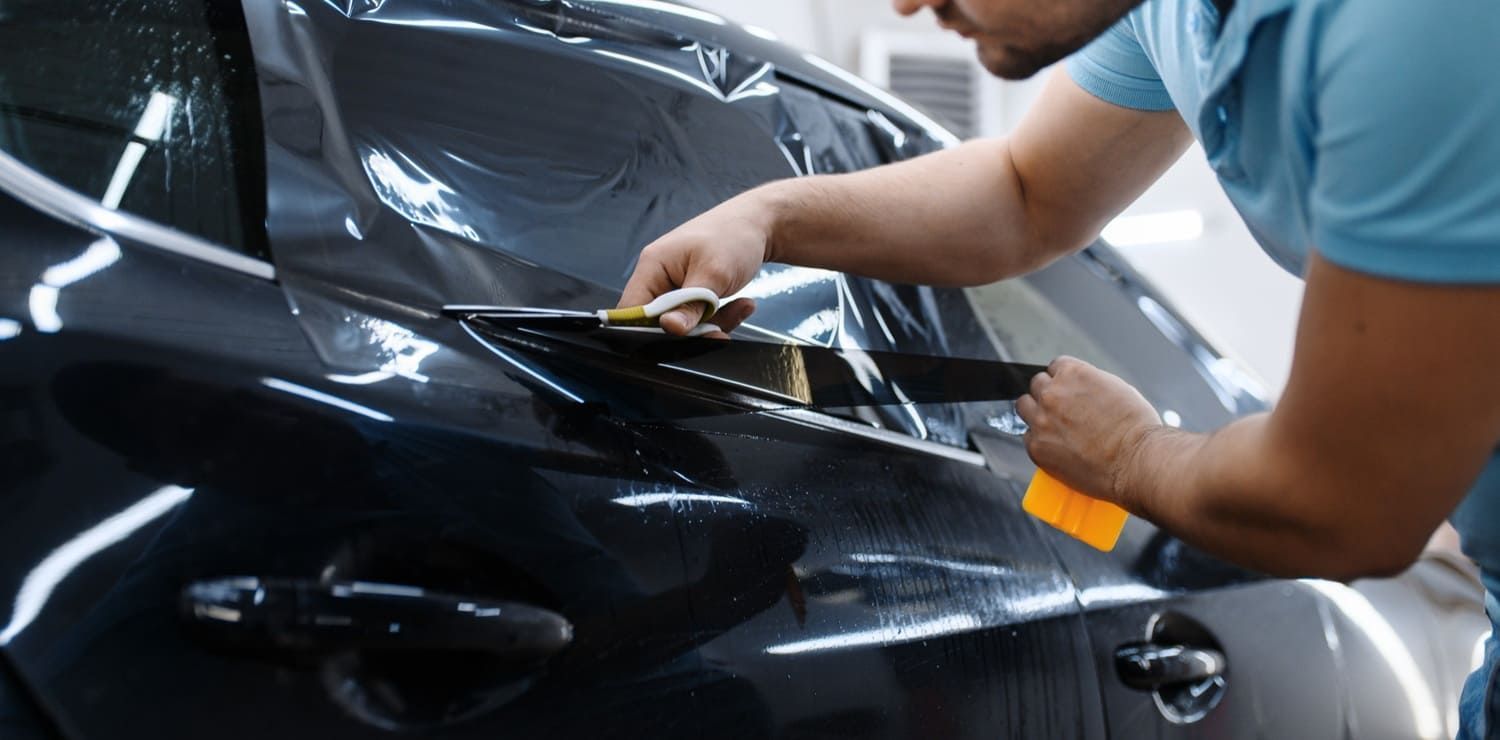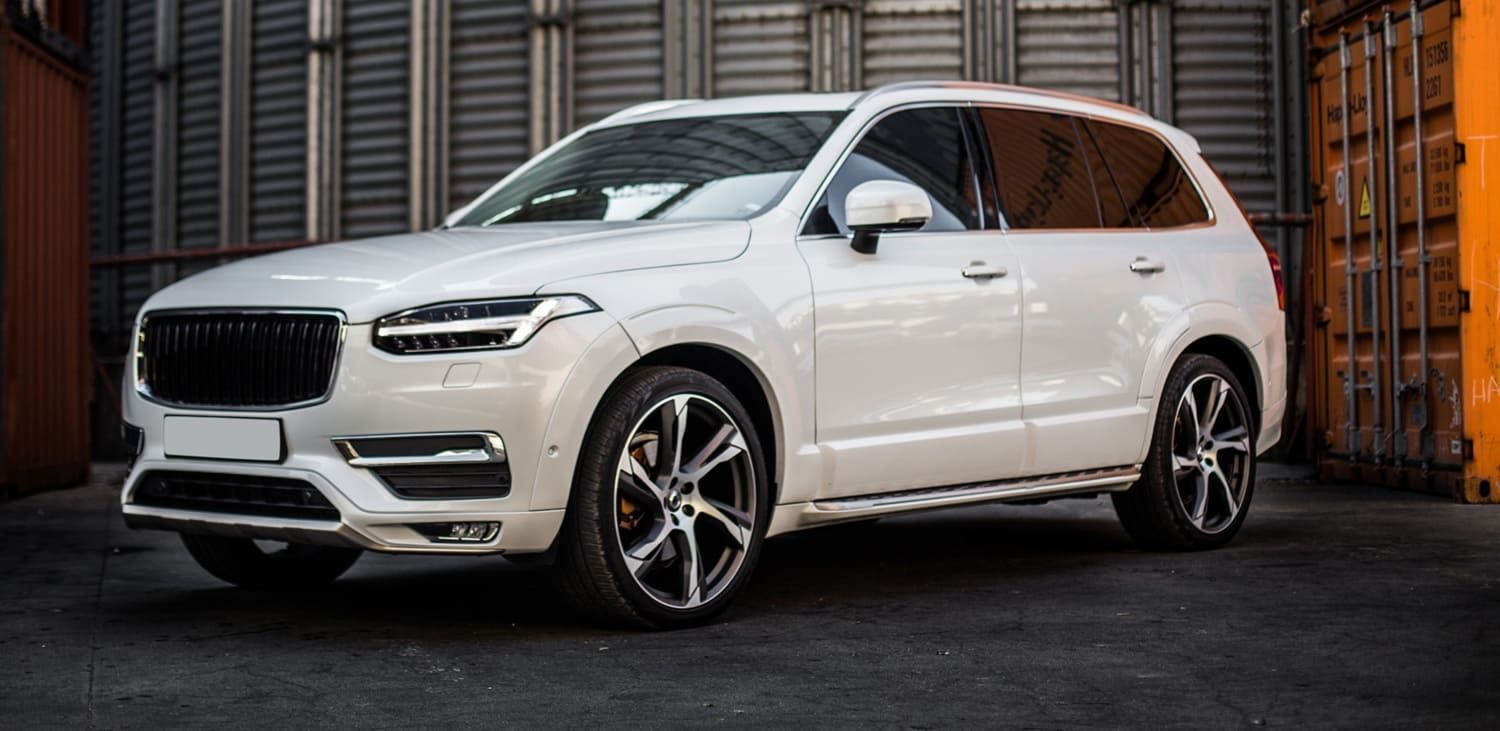Best Time of Year to Tint Your Car Windows
Car window tinting is more than just a style choice. It offers practical benefits like UV protection and privacy. But when is the best time to tint your car windows?
Weather plays a crucial role in the tinting process. Mild conditions are ideal for a smooth application. Spring and fall are often the best seasons for this task.
Extreme temperatures can affect the adhesive and curing process. High humidity can also pose challenges. Choosing the right time ensures a lasting and
high-quality finish.
This guide will help you understand the best time of year for car tinting. Discover how to enhance your vehicle's comfort and style effectively.

Why Consider Car Window Tinting?
Car window tinting has become a popular choice for vehicle owners. It offers a blend of style and functionality that appeals to many drivers. But what's behind this trend?
One major reason is protection from harmful UV rays. Tinted windows can block these rays, reducing skin damage and protecting interior surfaces.
Car tinting also improves visibility by reducing glare. Whether from the sun or headlights, glare can be annoying and dangerous.
Additional benefits include
enhanced privacy and security. Tinting makes it harder for outsiders to see inside your vehicle.
Consider these key reasons to tint your car windows:
- UV protection
- Reduced glare
- Privacy and security
- Protection from interior fading
- Improved energy efficiency
Overall, these advantages contribute to a more comfortable and pleasant driving experience. From safety to aesthetics, car window tinting offers numerous benefits that make it a worthy investment.
Key Benefits of Car Window Tinting
Car tinting offers more than just aesthetic appeal. It presents several practical benefits that improve your driving experience.
For starters, window tinting provides significant UV protection. By blocking harmful rays, it helps prevent skin issues and interior fading.
Tinted windows also aid in temperature control. They can
keep your car cooler by blocking heat, reducing the need for excessive air conditioning.
Privacy is another crucial aspect. Tinted windows obscure the inside view, protecting your belongings from prying eyes.
Tinting can also enhance safety. In case of an accident, the film holds shattered glass together, minimizing injury risks.
Consider these
benefits when thinking about tinting:
- UV protection and skin safety
- Temperature regulation
- Enhanced privacy
- Increased safety in accidents
- Preservation of interior materials
These advantages highlight why many drivers opt for car window tinting. Whether for safety, comfort, or aesthetic reasons, tinting enhances your vehicle in multiple ways.
How Weather and Seasons Affect Window Tinting
Weather significantly influences the window tinting process. Understanding how different seasons impact installation is crucial.
Mild weather conditions are ideal. These conditions prevent adhesive issues commonly faced with temperature extremes.
High temperatures in summer can cause tint adhesive to overheat. This may lead to bubbles or peeling over time.
Winter presents its own set of challenges. Cold weather can slow down the adhesive curing process, prolonging completion.
Spring and fall offer perfect moderate conditions. These seasons make them the best times for successful tinting results.
Humidity also plays a role. High humidity can interfere with the adhesive, causing problems during the installation process.
Consider how weather can impact tinting:
- High heat may lead to film bubbles.
- Cold slows adhesive curing.
- Spring and fall provide balanced conditions.
- Humidity affects adhesive success.
Choosing the right season ensures quality tint installation. It helps avoid common weather-related problems, contributing to long-lasting results. Understanding these factors leads to better decision-making when planning your car window tinting.
Best Seasons for Car Tinting: Spring vs. Fall
When considering the best time to tint your car windows, both spring and fall come highly recommended. Each has its unique advantages, making them excellent choices for a successful tint job.
During spring, the temperatures start to rise after the chill of winter. This season often offers perfect conditions for tint curing. The mild weather means the adhesive can set without interference from extreme cold or heat.
Fall also provides optimal conditions. The high heat of summer begins to fade away, yet the weather remains mild enough for effective tint application. This season is typically free from the adverse effects of summer's sweltering heat and winter's freezing cold.
Spring has its perks, including budding greenery and moderate temperatures. Meanwhile, fall is famed for its comfortable weather and scenic foliage.
Things to consider when choosing between spring and fall:
- Spring offers rising temperatures and longer daylight.
- Fall features cooling temperatures and reduced humidity.
- Both seasons avoid extreme weather for effective curing.
Ultimately, selecting between spring or fall depends on personal preferences and scheduling flexibility. Both seasons provide an ideal window for tinting without the climatic challenges posed by summer and winter.
Challenges of Tinting in Summer and Winter
Tinting in summer poses several challenges. The intense heat can affect the adhesive's curing process. High temperatures cause the adhesive to dry too quickly, which can lead to bubbling and peeling.
On the other hand, winter brings its own set of difficulties. Cold weather can prevent the adhesive from bonding properly. This can result in weak or incomplete adhesion, affecting the tint's durability.
Humidity is another factor to consider. High humidity during summer can interfere with the tint application. It may prevent the film from adhering smoothly to the glass surface.
Winter's low humidity might seem beneficial, yet very cold temperatures slow down the curing process.
Before deciding to tint in these seasons, consider:
- Summer heat can cause rapid drying and bubbling.
- Winter cold can hinder adhesive bonding.
- Humidity levels impact the film's adherence.
To ensure the best results, it's wise to avoid the extremes of summer and winter. Choose a time when temperatures are moderate and stable for successful tint installation.
Factors to Consider Before Scheduling Your Tint
Planning ahead is crucial when scheduling a car window tinting appointment. Think about your local climate and typical weather conditions. Weather impacts how well the tint adheres and cures.
Another consideration is your availability. Tinting usually takes a few hours, so plan your schedule accordingly. Avoid periods where you need to frequently use your car.
Budget is also a significant factor. Consider the costs associated with different types of tint films. Higher-quality tints may require a larger investment, but they offer better durability.
Local laws and regulations should not be overlooked. Different regions have varying legal limits on tint darkness. Ensure your choice complies with these regulations to avoid future issues.
Before scheduling, keep in mind:
- Weather patterns
- Personal availability
- Budget constraints
- Local legal requirements
Review these factors to ensure a smooth and trouble-free tinting process for your vehicle.

Choosing the Right Tint and Installer
Selecting the right window tint and installer is crucial for optimal results. Begin by understanding the types of tints available. Ceramic and carbon tints are known for their excellent heat rejection and UV protection.
Evaluate the advantages of different tint films, focusing on their durability and aesthetic appeal. Balance between style and function to meet your specific needs and preferences.
Finding a skilled installer is equally important. Look for professionals with positive reviews and proven experience. A reputable installer ensures a high-quality finish.
Inquire about warranties offered on both the tint film and installation services. A warranty protects your investment and assures longevity.
To choose wisely, consider these aspects:
- Types of tint films: Ceramic, carbon, dyed
- Professional reputation: Reviews and experience
- Warranty options: Coverage for film and work
By carefully evaluating your options, you ensure a satisfying tinting experience that enhances your vehicle's performance and look.
What to Expect During the Tinting Process
The window tinting process is methodical but straightforward. It typically starts with thoroughly cleaning the windows to remove any dust or debris. This step is essential for proper film adhesion.
Next, the tinting film is carefully measured and cut. Precision in this step ensures a perfect fit for each window. Installation follows, where the film is meticulously applied without bubbles.
Once applied, the film needs time to cure properly. During this period, avoid rolling down your windows to prevent disturbance.
Steps to expect during tinting:
- Window cleaning and preparation
- Measuring and cutting tint film
- Careful application and smoothing
Understanding each step helps you appreciate the care and precision involved in car window tinting.
Caring for Your Newly Tinted Windows
Once your car windows are tinted, proper care is crucial to maintain their look and function. Immediately after installation, leave the windows up for a few days to ensure the tint sets well.
Regular cleaning is essential to avoid dirt buildup. Use a mild, non-ammonia cleaner with a soft cloth. This helps prevent scratches and preserves the tint.
Follow these tips for tint maintenance:
- Avoid rolling windows down for a few days
- Clean with a gentle, non-abrasive solution
- Use a soft cloth or sponge
These steps ensure your tint remains clear and effective, prolonging its lifespan and benefits.
Finding the Best Car Window Tinting Near You
Selecting a reputable service for car window tinting is crucial for quality results. Start your search with online reviews and ratings. Recommendations from friends or family can also be invaluable.
Local directories often list nearby providers, making them a convenient resource. Comparing several options ensures you find a service that fits your needs and budget.
Consider these factors during your search:
- Look for positive customer feedback
- Check for warranties on installation
- Evaluate experience and expertise
Choosing a skilled installer ensures that you receive professional service and a lasting finish. Investing time in research pays off in the long run, giving you peace of mind and enhanced vehicle aesthetics.
Conclusion: The Ideal Time to Tint for Lasting Results
Choosing the right time for car window tinting can significantly impact the outcome. Moderate weather conditions provide an ideal environment for curing. Spring and fall offer the best balance.
Tinting during these seasons helps achieve a flawless finish. It allows the tint film to adhere properly, ensuring its longevity. Additionally, milder temperatures reduce the risk of adhesive problems.
By carefully timing your window tinting, you can enjoy enhanced comfort, safety, and style for your vehicle.
Tints & Beyond , the best window tinting installers near you serving
Cape Coral, FL , offers
free estimates and professional advice for the best results. Investing in the right season ensures a wise and rewarding decision for your car's value and aesthetics.
FAQs About the Best Time of Year to Tint Car Windows
When is the best time of year to tint car windows?
Spring and fall are often considered the best seasons because moderate temperatures help the film cure properly.
Why does temperature matter when tinting car windows?
Extreme heat or cold can affect adhesive performance and curing time, potentially leading to bubbles or peeling.
Can I tint my windows in summer?
Yes, but very high heat can make installation more challenging and cause faster drying, which may require more skill from the installer.
Is winter a good time for car window tinting?
It’s possible, but cold weather can slow down the curing process, meaning the film may take longer to fully bond.
Does humidity affect tint installation?
Yes, high humidity can slow drying time and make the installation process more sensitive.
Why is spring ideal for window tinting?
Mild temperatures and lower humidity in spring create optimal conditions for both installation and curing.
Why is fall a good time for tinting?
Fall often has stable weather that’s not too hot or cold, which helps ensure a smooth installation.
Can I tint my windows during the rainy season?
Yes, as long as the installation is done indoors, but extra moisture in the air can slow curing.
How long does tint take to cure in different seasons?
In warm weather, curing may take a few days; in cooler weather, it can take up to several weeks.
Will seasonal timing affect the durability of the tint?
Not if it’s installed properly, but ideal weather can help ensure the adhesive bonds more effectively.
Is it cheaper to tint windows in certain seasons?
Some shops offer discounts in slower months like winter to attract more customers.
Should I avoid tinting during extreme weather conditions?
Yes, very hot, cold, or wet conditions can complicate installation and extend curing time.
Do professional installers adjust for seasonal differences?
Yes, experienced installers adapt their techniques to account for temperature and humidity.
Can seasonal timing affect warranty coverage?
No, as long as installation is done by a certified installer using quality film.
Does the season affect the look of the tint?
Not directly, but proper curing in ideal conditions helps maintain a smooth, flawless finish.
Is it better to tint before summer or after?
Tinting before summer helps keep your car cooler during peak heat months.
Can I wash my car after tinting in any season?
Wait at least a week before washing, regardless of season, to protect the new film.
Does the sun help the tint cure faster?
Yes, moderate sunlight can speed curing, but extreme heat can cause issues if not monitored.
Should I book my tint appointment in advance for certain seasons?
Yes, spring and summer are busy seasons for tint shops, so scheduling early is recommended.













